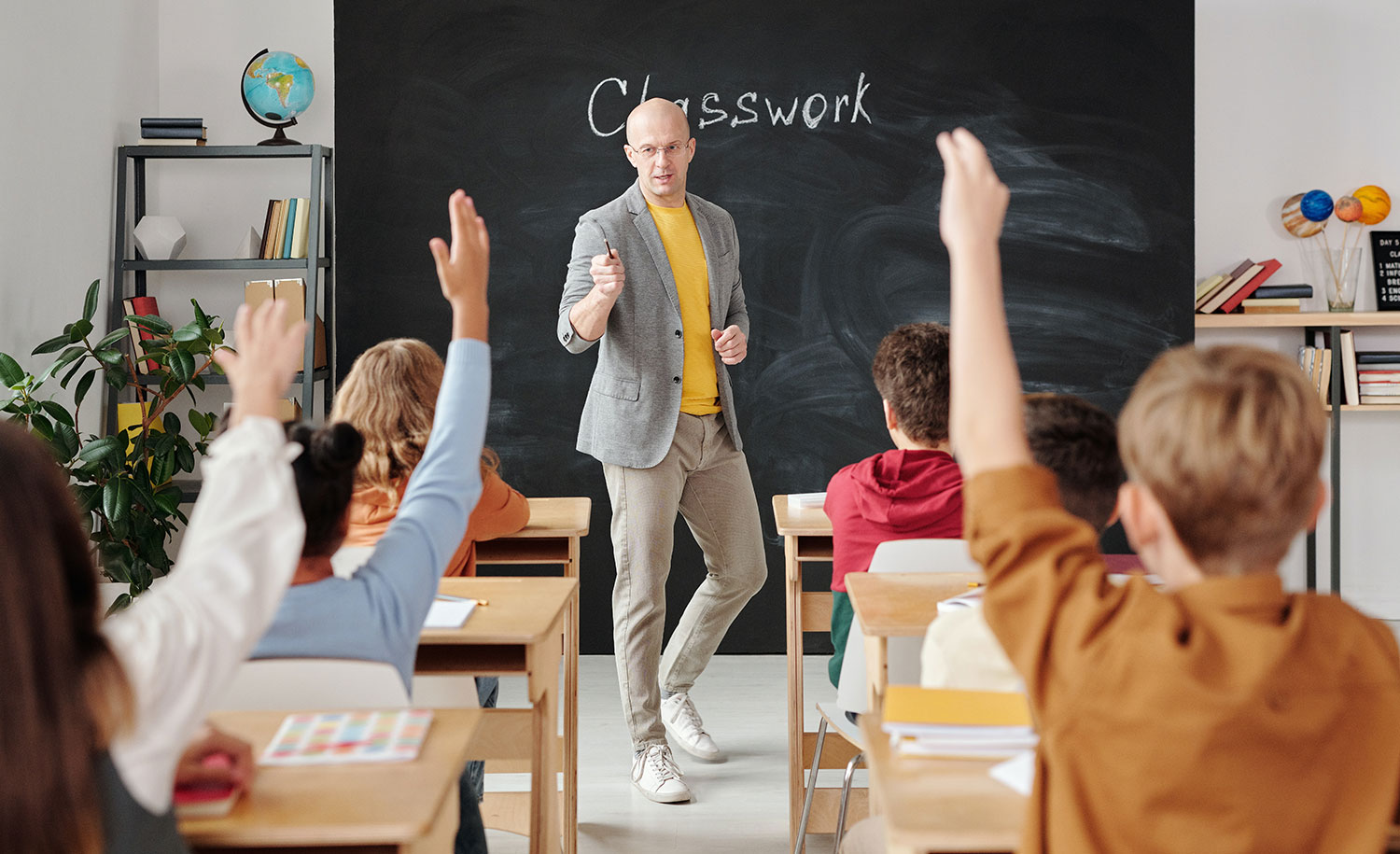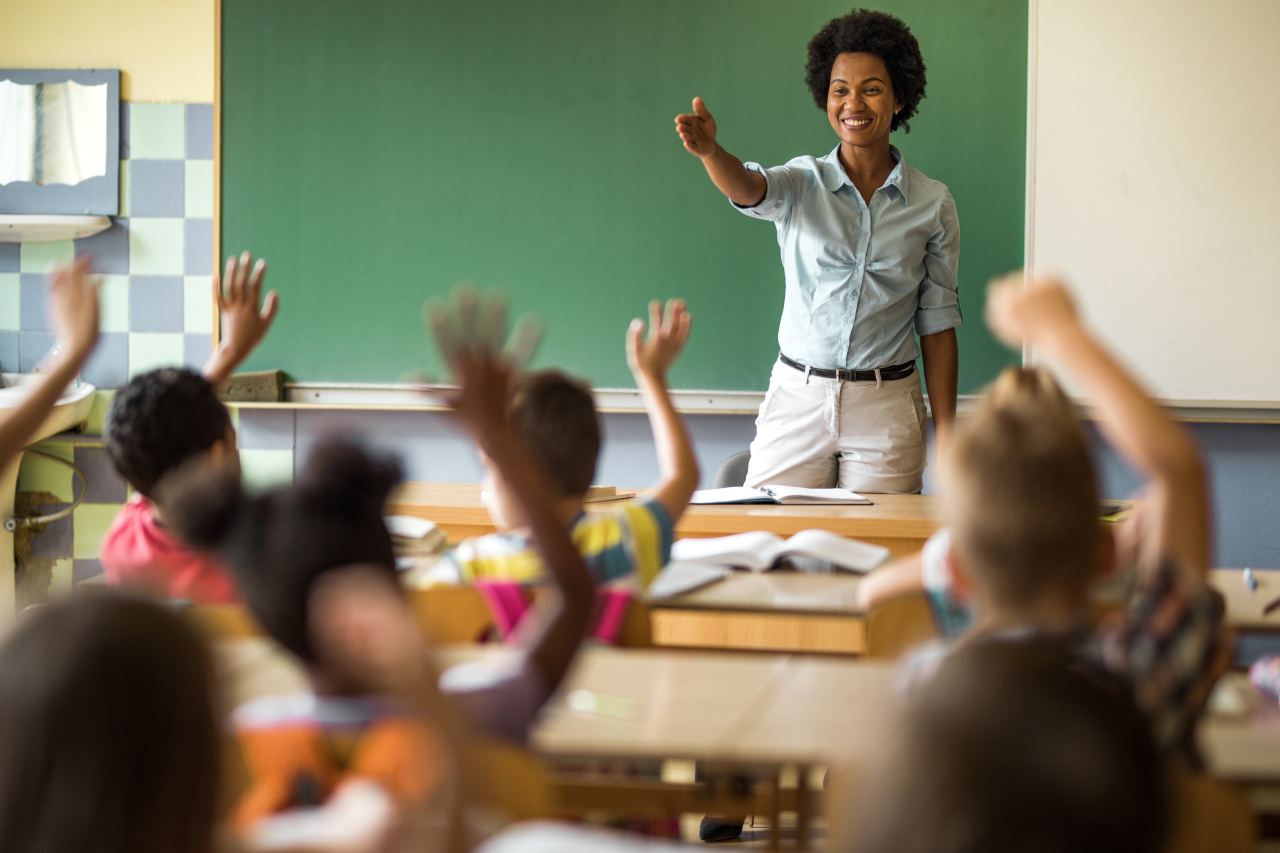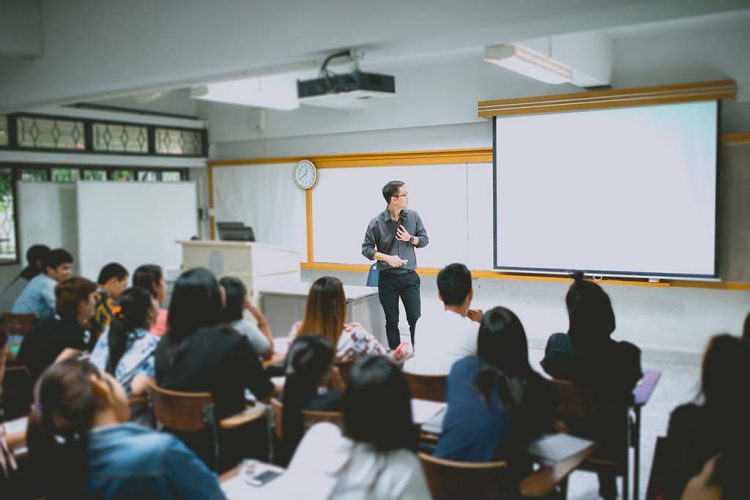Expert Primary Science Tuition Singapore for Understanding Complex Concepts
Wiki Article
Checking Out the Different Mentor Methods in Main Scientific Research Education And Learning Today
Inquiry-based learning, hands-on experiments, and the assimilation of innovation are redefining exactly how educators engage young minds. In addition, joint strategies and set apart direction are being employed to provide to the diverse demands of trainees, boosting both engagement and understanding.Inquiry-Based Discovering
Inquiry-Based Knowing (IBL) is an instructional approach that motivates students to discover scientific principles with wondering about, examination, and hands-on experimentation. This approach emphasizes the function of trainees as energetic individuals in their knowing, advertising critical thinking and analytical abilities. By involving with real-world questions, pupils come to be motivated and curious, which boosts their understanding of clinical principles.In IBL, teachers serve as facilitators, assisting students as they browse their inquiries rather than providing details straight. This student-centered technique enables for differentiation, accommodating different discovering styles and paces. Pupils develop skills in creating theories, creating experiments, and examining information, which are critical for scientific proficiency.
Additionally, IBL cultivates cooperation amongst pupils, encouraging them to share searchings for and ideas. This collective inquiry promotes social skills and a sense of area within the class. The process of inquiry encourages strength, as students find out to embrace failing as a stepping stone toward understanding.
Hands-On Experiments
Hands-on experiments are an essential component of effective scientific research education, enhancing the principles of inquiry-based understanding. These experiments enable trainees to engage straight with clinical concepts, fostering a deeper understanding via experiential knowing. By controling products and observing outcomes, young students can grasp abstract concepts in concrete means.Such activities promote important thinking and analytic skills, as students hypothesize results, conduct experiments, and analyze outcomes. This process urges them to ask questions, refine their understanding, and establish a clinical attitude. In addition, hands-on experiments can be customized to diverse understanding designs, ensuring that all pupils have the chance to involve meaningfully with the content.
Additionally, hands-on experiments often encourage partnership amongst peers, promoting teamwork and communication abilities. Operating in groups allows students to share concepts, talk about searchings for, and gain from each other, which improves their total academic experience.
Including hands-on experiments into the main scientific research educational program not only enhances the learning environment yet additionally grows a long-lasting interest in scientific research. By actively joining their education, trainees are more probable to create an interest for clinical query that extends beyond the class.

Innovation Integration
Incorporating innovation into main science education has become increasingly vital in promoting trainee engagement and enhancing learning outcomes. Making use of electronic devices, such as interactive simulations, online labs, and educational software, provides pupils with possibilities to discover clinical concepts in innovative means. These sources assist in a deeper understanding of complex subjects by enabling learners to visualize and adjust variables that would certainly be unwise in a conventional classroom setting.Moreover, technology assimilation encourages customized learning experiences. Students can advance at their own pace, taking another look at challenging concepts with multimedia sources, which cater to various discovering styles. This versatility not only sustains individual development but additionally cultivates a feeling of autonomy in students.
Additionally, modern technology acts as a bridge to real-world scientific research, linking students with existing research study and expert contributions. Accessibility to clinical journals and on the internet databases broadens trainees' point of views on scientific query and fosters critical believing skills.
Collaborative Learning
Collective learning plays an important duty in primary scientific research education and learning by fostering team effort and interaction abilities among trainees. This approach motivates students to work with each other, share knowledge, and engage in analytical, which boosts their understanding of scientific concepts. By taking part in group tasks, students learn to verbalize their concepts, pay attention to diverse point of views, and bargain remedies, every one of which are crucial abilities in both real-world and academic contexts.
Research shows that collective discovering can bring about raised motivation and involvement in scientific research topics, as students locate satisfaction in shared experiences (primary science tuition Singapore). Additionally, this strategy prepares trainees for future joint endeavors, equipping them with the abilities needed for reliable teamwork in college and specialist environments. Ultimately, accepting joint knowing in key scientific research education can considerably improve the learning experience and promote a deeper understanding of scientific query
Distinguished Guideline

Set apart direction can manifest in different means, such as varying the web content, procedures, or products of understanding. Educators may use tiered assignments that provide differing degrees of complexity, allowing students to function at their particular readiness degrees. Additionally, flexible organizing strategies can promote cooperation among students with different capacities, promoting peer discovering.
Evaluation plays an essential function in this method, as it informs guideline and assists educators understand each trainee's special requirements. Developmental analyses, such as monitorings and tests, can assist instructors in adjusting their techniques to improve discovering results. primary science tuition Singapore. Ultimately, by carrying out differentiated guideline in key science education and learning, instructors can cultivate an extra reliable and equitable learning atmosphere, empowering all trainees to reach their complete capacity in recognizing scientific phenomena
Final Thought
In recap, the varied teaching techniques in primary science education and learning, consisting of inquiry-based knowing, hands-on experiments, modern technology integration, joint discovering, and differentiated instruction, jointly add to a much more efficient discovering atmosphere. These techniques advertise critical reasoning, problem-solving skills, and a much deeper comprehension of scientific principles. By applying these techniques, instructors can create engaging and helpful classrooms that resolve the varied needs of students, inevitably cultivating a lifelong interest in scientific research and enhancing academic achievement.Inquiry-Based Discovering (IBL) is a pedagogical technique that urges pupils to discover clinical principles through doubting, investigation, and hands-on experimentation.Joint learning plays an important role in key scientific research education by cultivating synergy and communication skills check my reference among students.Research study suggests that joint knowing can lead to enhanced motivation and interaction in science try this web-site topics, as students locate enjoyment in shared experiences.In fostering a comprehensive discovering environment, separated instruction emerges as a vital approach to accommodate the diverse demands and capacities of trainees in primary scientific research education and learning. Ultimately, by carrying out differentiated guideline in primary science education, teachers can grow a much more reliable and equitable understanding environment, encouraging all students to reach their complete possibility in understanding scientific phenomena.
Report this wiki page